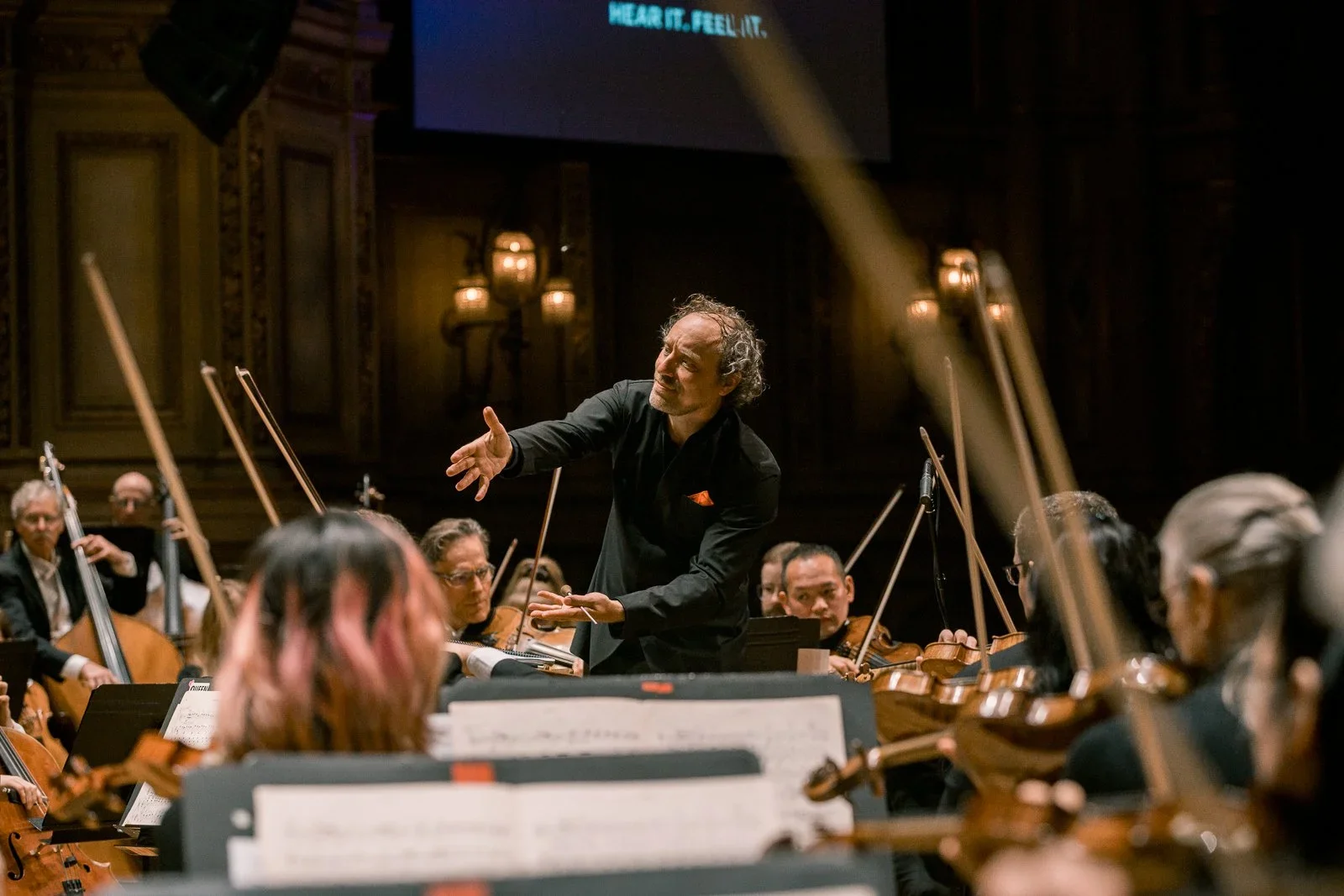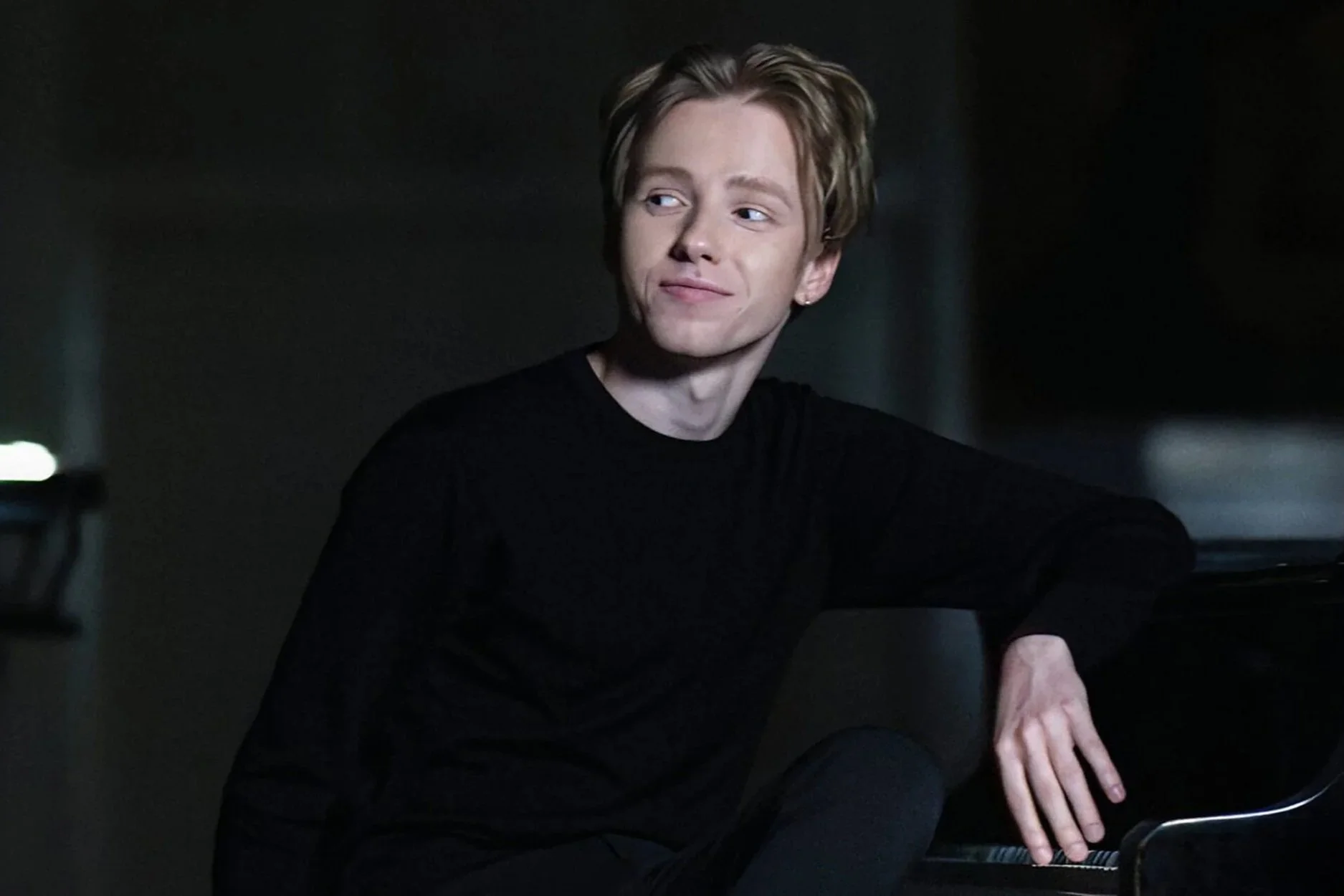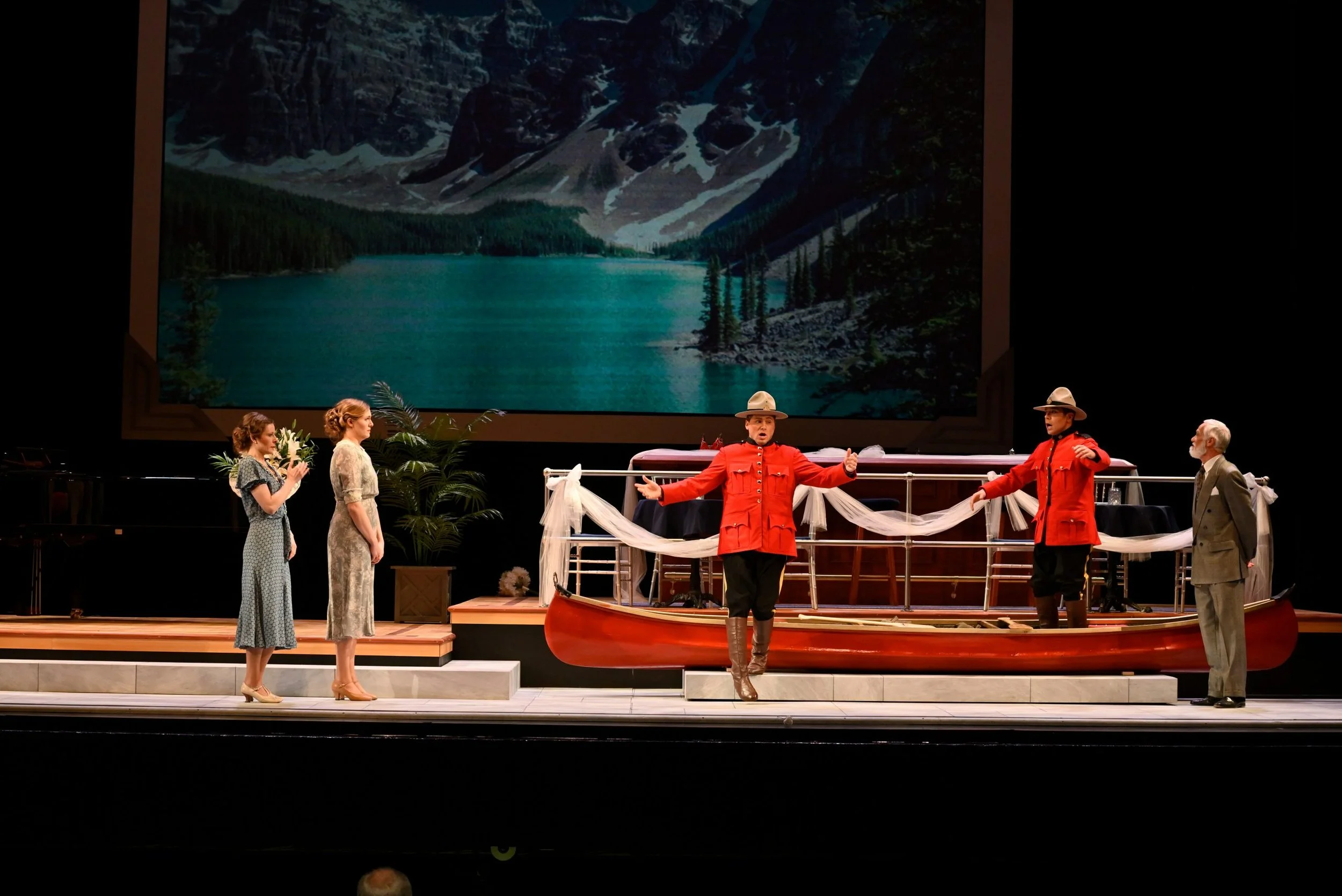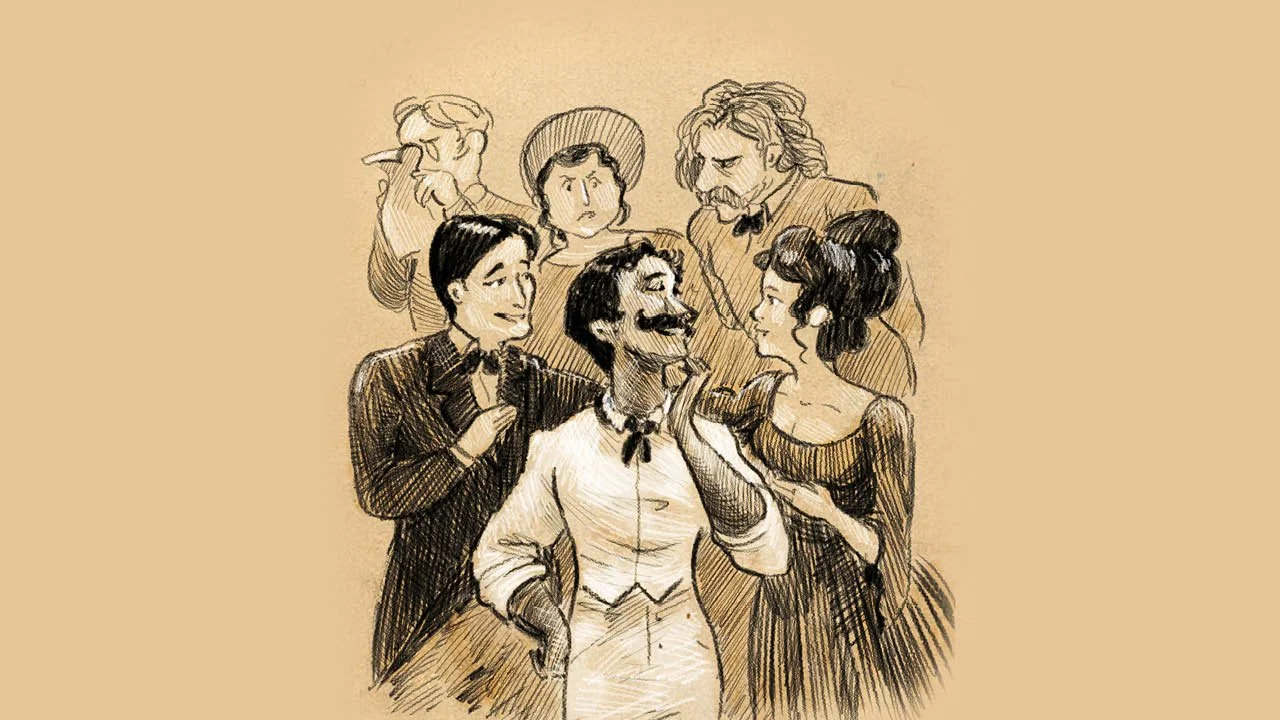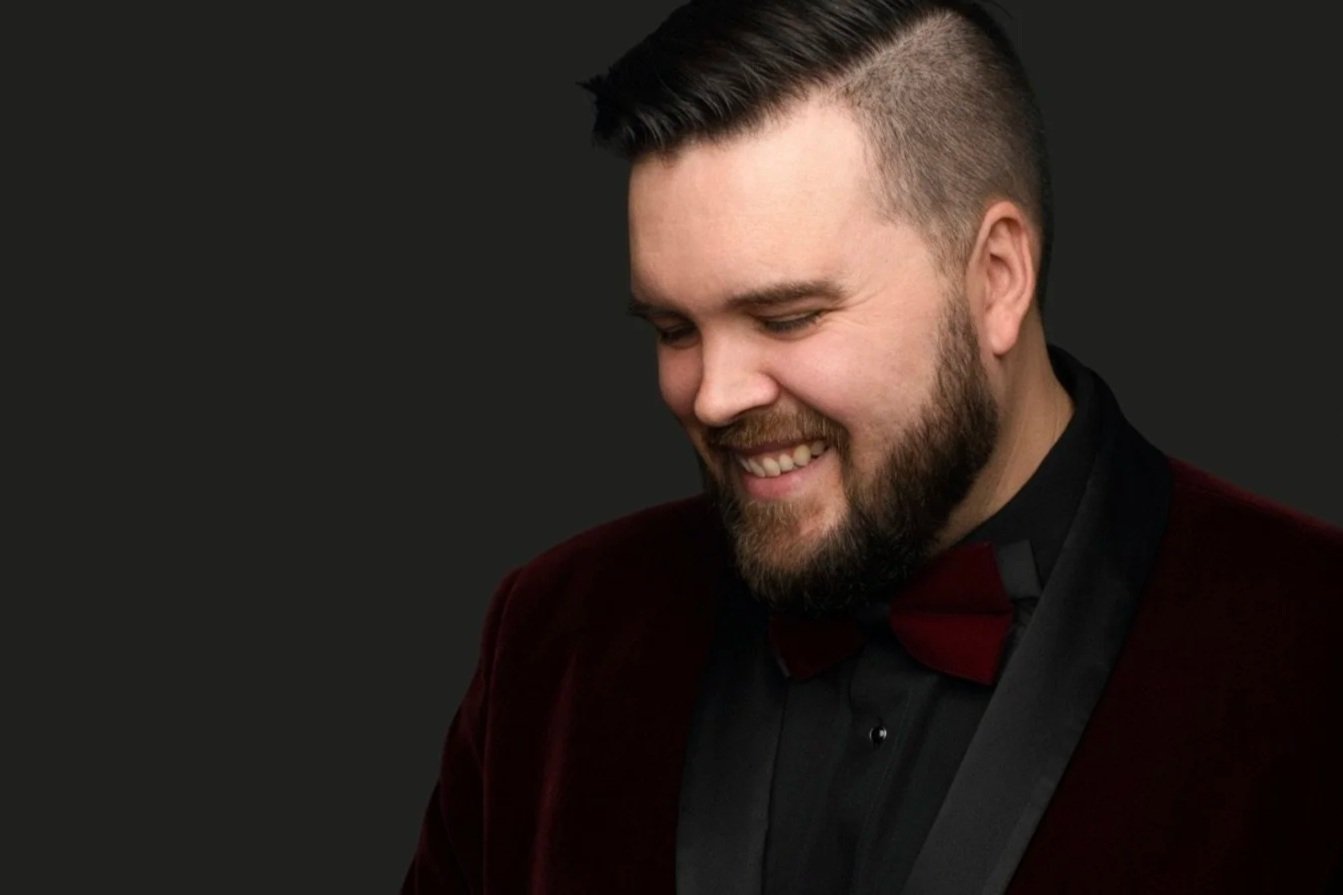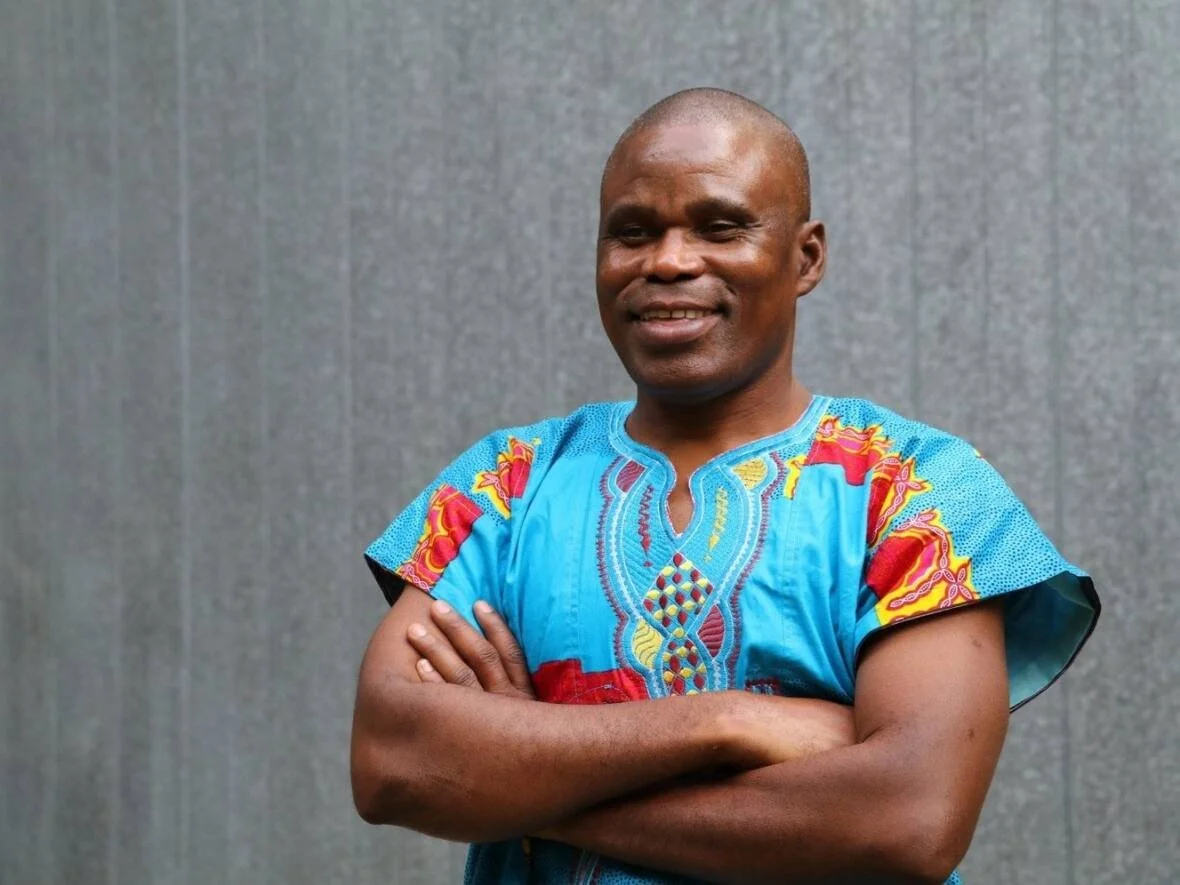Pianist-composer Jean-Michel Blais takes audiences on a musical trip
Montreal’s conservatory-trained star journeys fluidly through pop, minimalism, and classical styles
Pianist Jean-Michel Blais writes scores too complex to be considered background music, but he doesn’t mind if they send you off into a peaceful snooze.
Jean-Michel Blais is at St. James Community Square on June 4 at 7 p.m.
JEAN-MICHEL BLAIS doesn’t mind if you use one of his shows as an occasion to take a nap. In fact, the Montreal-based pianist and composer encourages it, at least according to the press materials accompanying his latest release, an eight-song EP titled sérénades:
“This EP is the length of the recommended nap: 25 to 30 minutes. To be honest, I've never been able to listen to this EP without drifting into sleep. I normally try and make my music play with your attention by constantly introducing new elements. But with this EP I was thinking about music of the night. It’s not meant to distract you and keep you alert. Please fall asleep to it.”
When Stir reaches Blais in Paris, where he’s hanging out for a few days following a showcase performance at an intimate venue in Montmartre, he says he’s only half-joking about that.
“There’s always a moment when I listen to my own music that I sort of space out, and my mind just wanders, and I think it’s beautiful,” he says, interviewed via Zoom. “Not out of boredom and not out of tiredness. I think it soothes me. It reduces anxiety.”
Blais says he is delighted to learn that other people respond to his music in the same way—even if they end up snoozing in their seat at one of his concerts.
“I won’t be offended,” he insists. “Sometimes people say to me, ‘I’m so sorry, I put your music on to put my kids to sleep.’ That’s so nice that there’s a functional outcome to something artistic. Because I remain thinking that I’m doing artistic music. I’m not doing, like, tapestry music or background music. There’s a lot of emotion and a lot of volume. It gets super loud and super quiet. It’s meant to be listened to, but if you use it and your mind wanders and you go on a trip, I’m very pleased by that.”
The new EP is made up of five solo-piano versions of pieces that first appeared (in chamber-orchestra form) on Blais’s 2022 album aubades. The rest of the tracks are new, and one of those came about after the composer took a couple of trips of his own.
Well, the first was more of a slip than a trip; Blais took a tumble on an icy Montreal staircase and dislocated his right shoulder. He and his boyfriend attempted to fix the damage on their own, but, fearing they would do more harm than good, they changed course and took Blais to the ER instead.
At the hospital, he received a cocktail of narcotics, including morphine. From there, things got…interesting.
“They send you on a journey,” he says of the drugs. “You can really disconnect from reality. My boyfriend had a suit with some white fur around the neck, and in my delirium, this became clouds and sheep. He was a sheep-man, you know? And then we somehow flew over the cloud and suddenly up there we got married, and there was Maurice Ravel who was right beside on his own little cloud.
“At first I didn’t know what to do with that, but after coming down and coming back to reality, I figured out that it’s so interesting the power of the unconscious, because Maurice Ravel actually wrote a piano concerto for a friend [Austrian pianist Paul Wittgenstein] who lost his right arm at the First World War. So he wrote Piano Concerto for the Left Hand.”
Fortunately, Blais recovered sufficiently that he was able to perform on-stage the very next evening—but not before writing his very own one-hander.
“The piece is called La Chute—The Fall—and it’s a bit of an ode to resilience, I think. In those cases when you get limitations, what if those limitations allow a new sort of creativity? I think that’s what happened.”
The impetus to explore new creative pathways has been one of the driving forces behind Blais’s evolution as an artist. For his second album, 2017’s Cascades, the conservatory-trained pianist collaborated with electronic-music producer Michael Silver, and aubades found him scoring music for an entire chamber orchestra for the first time.
Blais notes that his music has been described as both “classical music for pop fans” and “pop music for classical fans”. That’s an apt way to put it, because this is music that straddles multiple worlds, flirting with the 20th-century minimalism of Philip Glass but not shying away from the tuneful populism of someone like Yann Tiersen.
This accessibility is entirely by design, but Blais won’t rule out the possibility that more challenging works await in the future. “I write a lot of other stuff that’s pretty fucked-up that I don’t pitch out there, because I don’t know if people are ready,” he admits. “I’m trying to figure out the audience. You know, I’m trying to build it. What I try, for myself, at least, is that every album is a new occasion for me to learn.”
Writing and performing music that is approachable yet retains the compositional rigour of his classical background allows Blais to reach a wide-ranging audience that includes, he says “people that have never attended a classically flavoured instrumental show; sometimes some have never been in that sort of venue, because they felt it was maybe not a place for them. And on the other hand, I think it’s nice for people who are used to classical music to suddenly have music that’s written by someone who’s still alive and can talk about the composition.”
Before turning to music full-time, Blais was a special-education teacher with training in psychology and mediation. He considers what he’s doing now to be an extension of his previous career.
“I’ve always been interested in bringing people together,” he says, “and I think I do it with music now.”




